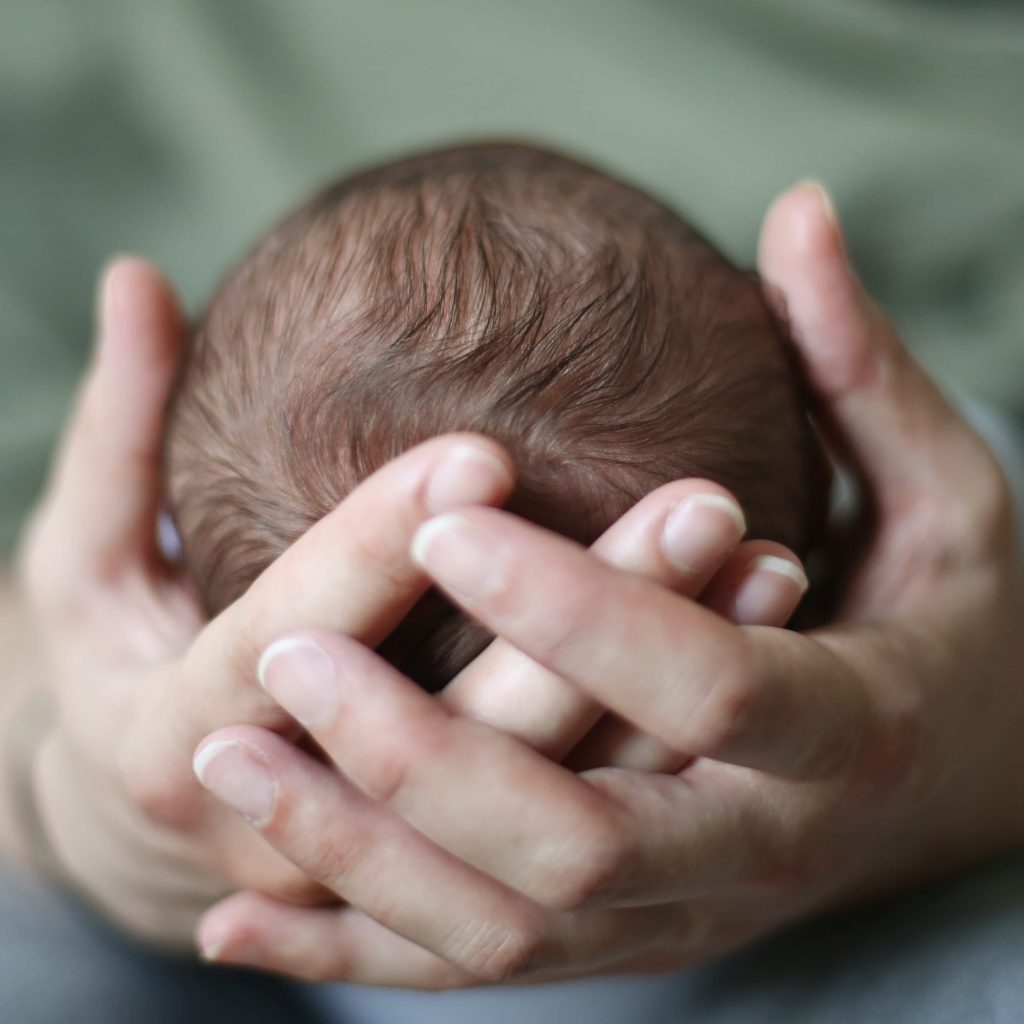I was in my last semester of undergrad when the pandemic shutdowns began. I had an internship at my university’s Center For Community Service and Justice and felt like I finally found my passion. After four years of feeling like an outcast at my private university, I found a place where I fit. I was dating a guy who I thought was “the one.” From all angles, it looked like I’d found my way. That was until the COVID-19 pandemic obliterated the facade.
I’ve always been on the fence about wanting to have kids. When I see a cute toddler, I get “baby fever” like many other young people, but this pandemic has made me think about my future, and the future of the world around me, in a new way as the outbreak of COVID-19 sharply exposed existing inequalities in this country.
For one, it’s affected BIPOC more acutely than white people, older people more than young people, and disabled people more than nondisabled people. It also exposed the ableism that underlines every part of our culture. Many people believe that we should reopen the economy because only “people with preexisting conditions and the elderly” die from COVID-19. Not only is this false – healthy and young people have died from contracting COVID-19, and this entirely leaves out the fact that COVID-19 disproportionately leads to death in BIPOC – but the notion that we can sacrifice the sick, disabled, and aging populations reeks of ableism and ageism.
I’m a disabled woman. I was born with a developmental disability called cerebral palsy. Studies have shown that developmentally disabled people are three times more likely to die from COVID-19. Not only is this statistic harrowing, but it’s disturbing to hear people say they’re willing to sacrifice other people’s lives so that they can return to some semblance of “normalcy.”
I’d be terrified to bring a child into a world that so vehemently and openly spews harmful rhetoric. Even if I educated my children on racism and ableism, and how to act against it, there’s no guarantee that they wouldn’t face that bigotry. As a disabled woman, I don’t operate under the assumption that my child would be able-bodied and neurotypical, an assumption that’s ableist in and of itself because it constructs being abled as the norm and disability as a deviation from that norm. It terrifies me that my potential children could face the same ableism I’ve faced for 23 years – that as much as our world operates under the guise that it’s inclusive, people still don’t think disabled lives are worth protecting, as COVID-19 has clearly illustrated.
I know that even after the restrictions are lifted and people return to some version of their prepandemic lives, my life will never be the same. I will never be the same. I’m not the same person I was 11 months ago when this all started. I worry for the future now more than ever. That doesn’t make me cynical – I still advocate for a better future for all people – but what’s changed is that I’m more cautious. I’ve seen the violence of ableism. The ableism I’ve confronted all my life now flows freely out of people’s minds and mouths. No, I won’t cower in fear, but I will make informed decisions about my future. And I don’t think having children is the best decision for me, at least not now.
I’m not judging anyone who chooses to have kids – it’s a personal choice that requires different calculus for every individual. But for me, the COVID-19 pandemic has forced me to consider whether this is a world I want to bring kids into.

